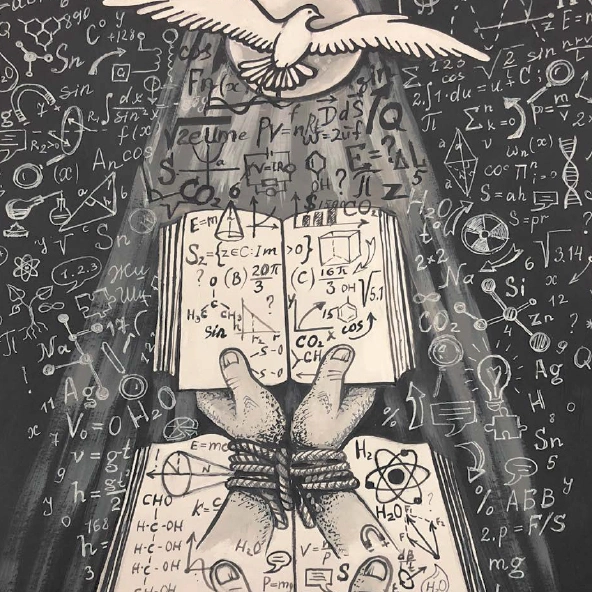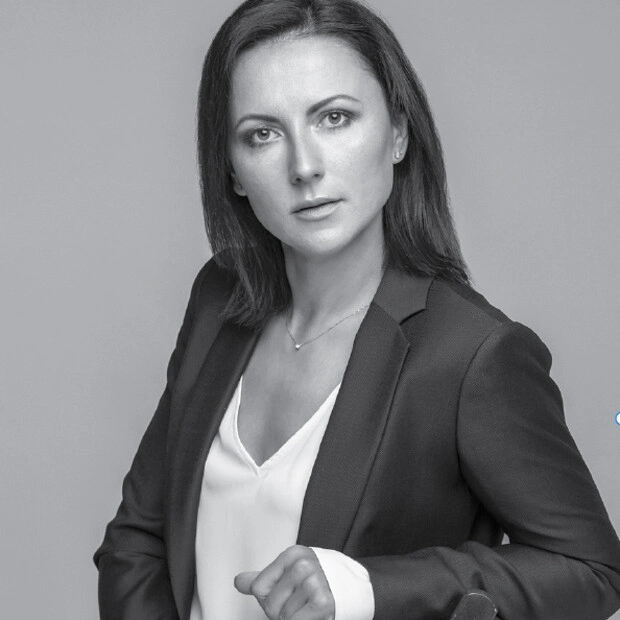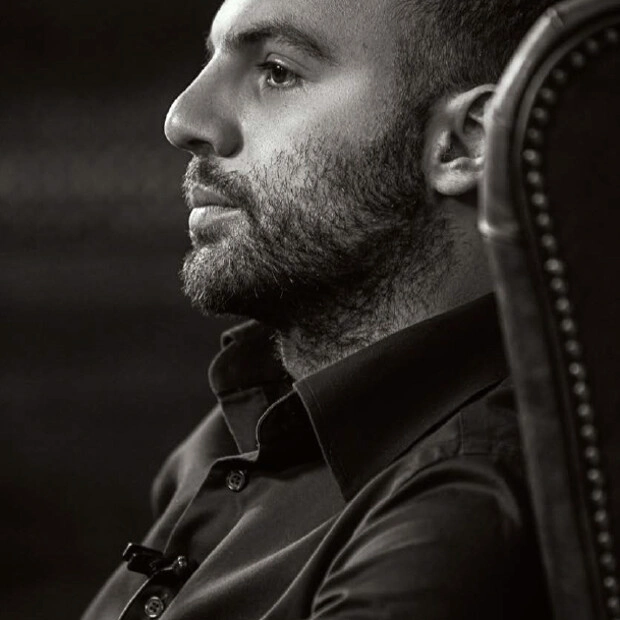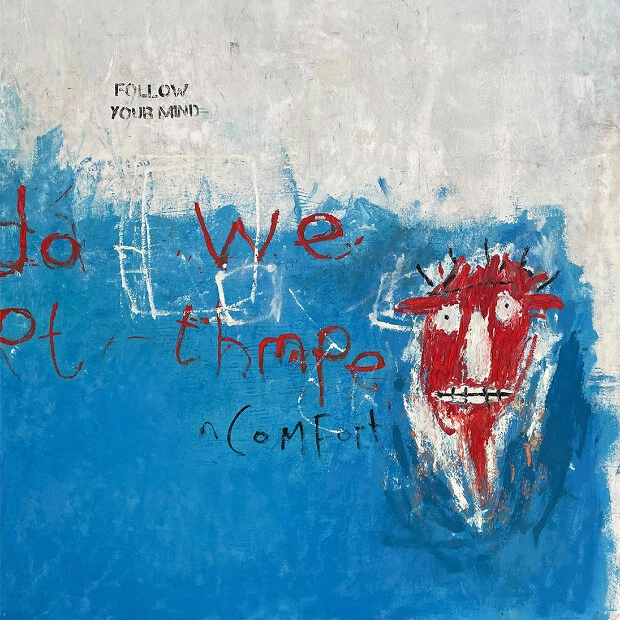Information Technology has advanced to the point that it has become central to all of today's values. With the con-sequence that a wide range of public institutions argue it must be under effective control. Information is now more easily accessible than at any other time. Time has created new problems, for example, what should be studied when knowledge itself is not enough? This is how the future will view our current concerns. Boris Iosifovich Mints a public figure, philanthropist, founder of the Russian Impressionism Museum is one of them.
Starting from the late 19th century, to be professionally competent, the young have until they are twentyfive years old to acquire the necessary knowledge. Notwithstanding political and social changes, this quarter century of education is a wellestablished fact.
At the same time the body of knowledge has exponentially grown but not the period of education. Attempts have been made to find solutions, with varying success, and recently some observers have noted an element of hysteria entering the discourse.
At a recent Security Conference in Munich, speak-ers predicted an imminent second revolution in informational and digital technologies with the advent of Artificial Intelligence and it was there I first sensed a mounting feeling of hysteria. Many of the conference attendees seemed principally concerned with their careers and the power position changes. The world has become more open and the changes effect everyone, whether the common man or Kings and Presidents. In retrospect one realizes this has happened before.
In 1880 it was predicted that London would be buried under rubbish with the expansion of horse drawn carts. It didn't happen due to rail replacing the horse and in time the change led to many jobs becoming redundant, grooms, horsebreeders and cart builders.
My point is we have been through this before and our educational structures have to recognize the need for life long education including courses.
Makim Gorky said that knowing how to study is as important as study itself and it is what children should be taught. We should place less importance on patterns or templates in educational systems and focus more on educational skills, communication and creativity. The problem for the moment is where or how are we to resource these teachers who become the priority value for society.
Let's have an example of attitude for these people in Russia. A docent's salary is 187,76 £. Unless it changes there'll be no specialists possessing all necessary modern qualities and able to develop them in others in Russian high school. When a docent is put into a need to work in other places his priorities change and his teaching activity goes to the second plan.
I was payed 320 rubles (*approximately 213,3£) while working as a docent in the USSR fantastic money by that time. I planned researches and serious projects and felt myself absolutely safe materially.
When I was a post graduate preparing a doctorate the university's prime purpose was the advance of science. I would argue that educational theory should replace scientific development in importance. Combining a knowledge of educational history and informational and digital trends, especially artificial intelligence. Government should create the conditions for this to happen more by suggestion than direction. Only through free selfexpression can this be done and trusting true talent to come through and importantly, we have to be honest with ourselves.
I think the most dangerous is an attempt to im-plement politics which doesn't correspond to the time challenges. The challenges are based on the quantity of high important senses and we loose if we ignore them. The longer it lasts the harder it is to recover and become leading.
The late Professor Stephen Hawking said there is a strong possibility of atmospheric death caused by a big meteor in the next century. It would be a global catastrophe and instead of wasting resources on weapons, a method of changing its trajectory could be developed so it bypassed the Earth.
We need to concentrate our efforts on solving this but no one even discusses this possibility. Listen to what the political leaders of the biggest countries say. It is sometimes even funny. They either don't understand the urgent needs or understand it well enough but don't want to talk about. The important thing is it is not in the society mind (*consciousness), it is not in the social discussion and there's a lot of things like this. But the whole world was talking much and spending resources for the problem of global warming which doesn't even exist as some scientists say.
It's easy to lie to ourselves and we are only starting to understand that we are already for a long time in a stage of information economy. It claims for a brand new affect and cooperation between the governmental and international governing bodies including the educational sphere.
A fundamental change has taken place and if we don't react to it we will destroy this part of developing. There's no other option. It's like in a battle theory: commander taking a decision makes the victory closer of delays it. And it doesn't matter what will his decision be or it will not be taken there's no third option in it.







